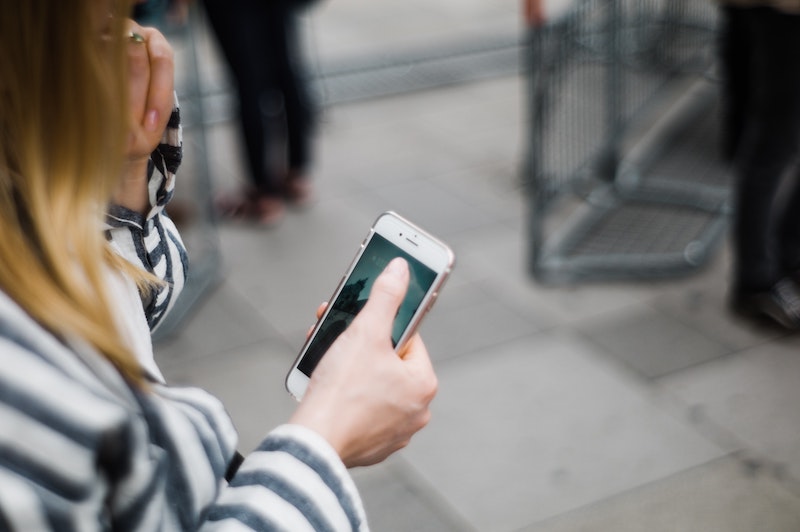Identity theft is inevitable. If it hasn’t already, it will victimize you, a family member, or an employee’s life in the near future. ‘Data Harvesting’ has become a major threat to identity protection. Browsing history, online shopping, and messaging data is being used against you.
The statistics are overwhelming. Cyber attacks, malware, and phishing scams have increased over 1000% since Covid-19 began. There are 3.5M Google searches every minute and 4.4B Facebook messages each day … all of that information is collected, stored, and sold. Essentially, your data is being stolen then sold back to you.
As a leader in the identity protection space, we are advocating for laws to protect the American consumer from Data Harvesting. Additionally, of the 8.5 billion IP addresses worldwide, 3.5 billion of them are malware. It is our hope that stronger IT security efforts are implemented in America (and worldwide) to block the thieves from stealing your information.
Protecting identity includes five main steps:
1. Implementing proactive safeguards with Guard Well fraud specialists.
2. Protecting personal identifying information (PII), such as social security number, date of birth, driver’s license ID number, financial institution account numbers, passport number, IP addresses, passwords, etc. Remember that even the smallest amount of stolen PII can be used against you.
3. Browsing in incognito or private mode, deleting unused email accounts, using two-factor authentication whenever possible, changing your passwords every 60 days, and removing your information from ‘people finder’ sites.
4. Monitoring credit and identity to quickly detect theft/fraud when it occurs.
5. Resolving all theft/fraud issues completely and continuously monitoring for recurrence.
Finally … we always strongly recommend that you DO NOT CLICK on any online link that you are not 100% certain is safe, secure and legit.
For more information on how to protect your employees by providing this must-have voluntary benefit, please click on the flyer: GW_Flyer_070821_OnePageMktgPiece
Our team at Guard Well Identity Theft Solutions is available 24/7/365. Contact us at 888.966.GUARD (4827) or email [email protected] if you suspect fraud or have any concerns.


















